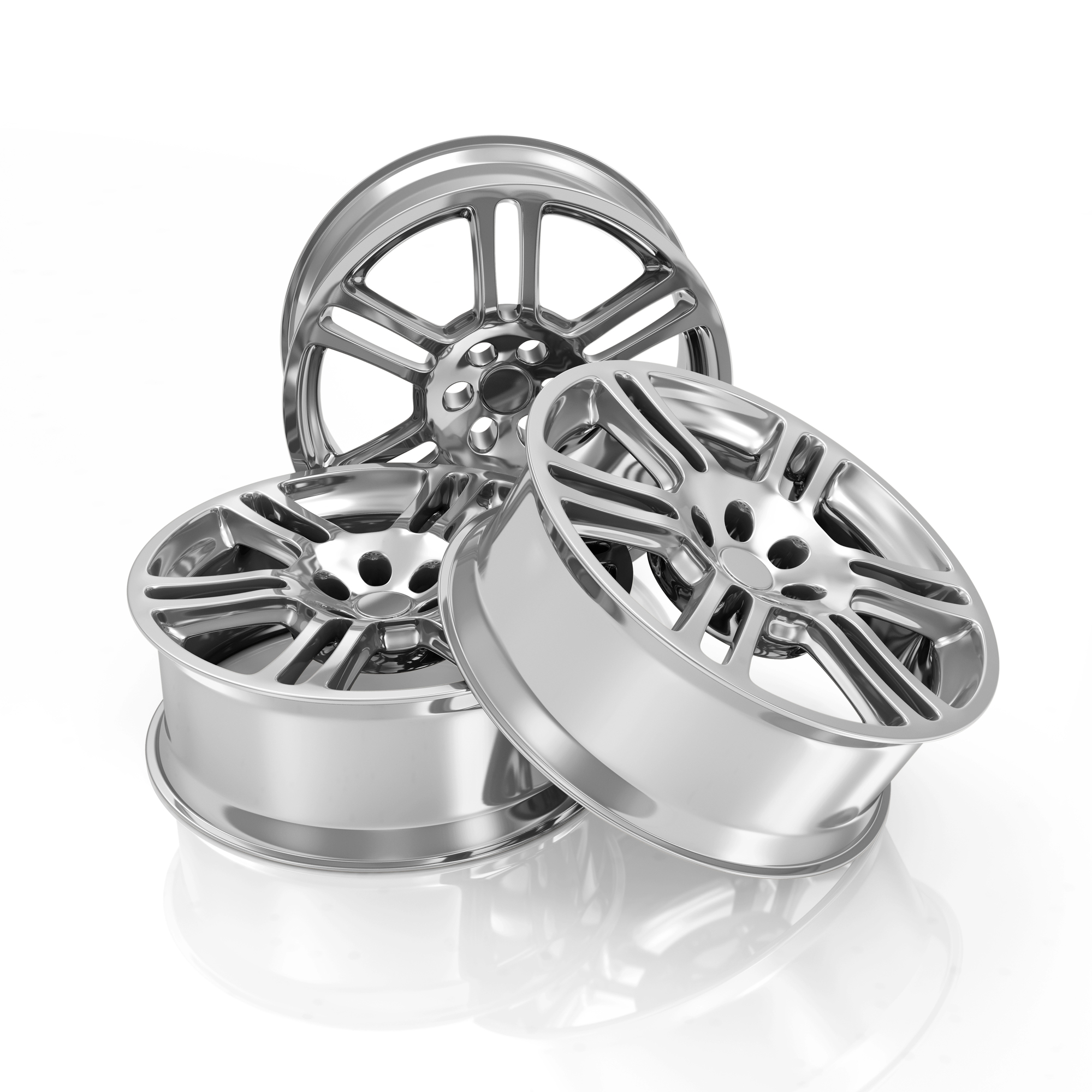Speeding and causing a serious accident not only wrecks lives but also kills. Drivers who continue to break the speeding laws in Texas face license suspension, fines, and even jail time. While you will not be arrested for speeding per se, you can be arrested for reckless driving at an unsafe speed.
According to the National Safety Council, around 29% of fatal accidents happen due to speeding. This equals 25 people killed because of speeding every single day.
Those who survive are often left with injuries that mean they can no longer work or provide for their families.
This is a big part of the reason lawmakers passed House Bill 1885 to temporarily adjust speed limits in dangerous conditions. They could pass this bill without approval from transportation commissioners in the rest of the country.
What Is House Bill 1885?
The Texas Basic Speed Rule requires all drivers to slow down during heavy traffic or adverse road conditions. The same goes for bad weather. If there is snow, rain, ice, or other hazards, drivers must adjust their speed.
Drivers who do not adhere to this rule and drive too fast under these conditions can cause massive accidents.
After passing House Bill 1885 in September 2023, the Texas Department of Transportation (TxDOT) can now change speed limits whenever the weather or road construction dictates. The new law states that the TxDOT can reduce the standard speed limit by 10 miles per hour.
The law also says that the new temporary speed limit must be posted no less than 500 feet and no more than 1,000 feet from where the limit starts.
Why Was House Bill 1885 Passed?
State Rep. Terry Canales wrote House Bill 1885. He also believes that if this law had existed in 2021, the 133-vehicle pile-up on I-35 West could have been prevented. Canales introduced the House Bill to help address emergencies where speeding causes serious car accidents.
The bill is also aimed to address the overall speeding problem in Texas. For 10 years, between 2010 and 2019, Texas had more speeding-related car crash deaths than any other state.
In 2021, during the COVID-19 pandemic, drivers continued to speed, causing nearly 1,600 accidents and deaths. In 2022, things did not look much better, with a third of 4,481 fatalities caused by speeding accidents.
What Happens If You Are Caught Speeding in Texas?
As the above statistics prove, speeding tickets are a common violation in Texas. If you continue to drive too fast and get a speeding ticket, it can affect your driving record and insurance policy.
The standard speed limits in Texas are:
- Rural highways – 70 mph
- Urban highways – 60 mph
- Inside urban areas – 30 mph
- Beaches and alleys – 15 mph
Driving faster than 85 mph on any Texas road directly violates the state’s traffic laws. Getting caught speeding will lead to a Class C misdemeanor, and you will pay a maximum fine of $500. This is based on a once-off violation.
If you keep violating the traffic laws related to speeding, your license and insurance will be affected. If you exceed the speed limit by 25 mph, you will be charged with a felony. This violation comes with increased fines and a period spent in jail.
If you are charged with a Class C misdemeanor (driving less than 10 miles over the posted speed limit), you will get points on your license and a fine.
In some cases, Class A and B misdemeanor speeding tickets can result in jail time, in addition to fines and points on your license.
Depending on the severity of your speeding offense, the court may require you to complete a defensive driving course. Defensive driving courses improve driving skills and educate drivers on safe driving practices.
You do not have a choice in this instance but to comply with court orders. An upside to taking such a course is that it may reduce your fine or result in fewer points on your license.
What to Do If You Get a Speeding Ticket in Texas
If you get a speeding ticket, keep a copy and any other documentation the court gives you. The ticket will inform you when and where to appear in court. It will also instruct you on how to resolve your violation.
You must respond to the ticket (take action) before or on the date listed. Ignoring the instructions is a bad idea because you will likely get a warrant issued for your arrest. This goes on your record.
If you complete a driver safety course, it is possible to get your ticket dismissed. If the court dismisses your ticket, it will not go on your driving record.
Ideally, you want a lawyer to help you through this process. Your lawyer will defend and guide you through the legal steps to resolve your ticket.
Contesting a Traffic Ticket
If you believe you are unfairly ticketed, you may contest your ticket. However, if the police stop you and you react angrily, it will count against you, making it much harder to contest the ticket.
Also, do not admit guilt. Simply ask the officer about the process of how to pay for the ticket. The officer may take only the barest notes if you tell them you want to pay for the ticket through the mail. If you then go to court to contest the ticket, fewer details will count against you.
Taking photos or videos of the area you receive the ticket is important. This includes weather conditions, traffic conditions, and road hazards. Make a note of where the officer was positioned when you were stopped.
When you get home, review your ticket and its details. Compare this with what you remember about driving down that stretch of road.
If you hire a lawyer, they can help you find discrepancies, which may benefit your case. It is crucial to consider contesting your ticket with the help of a lawyer if you know you were not at fault.
If you choose the simpler way out and pay for the ticket after appearing in court, it can leave you with a conviction and points, leading to higher insurance rates and even threatening your employment at some point.
Avoiding Tickets Altogether
It is always better to avoid getting a ticket altogether. Knowing the speed limits and traffic rules can help you do this and avoid fines, license suspension, and jail time.







